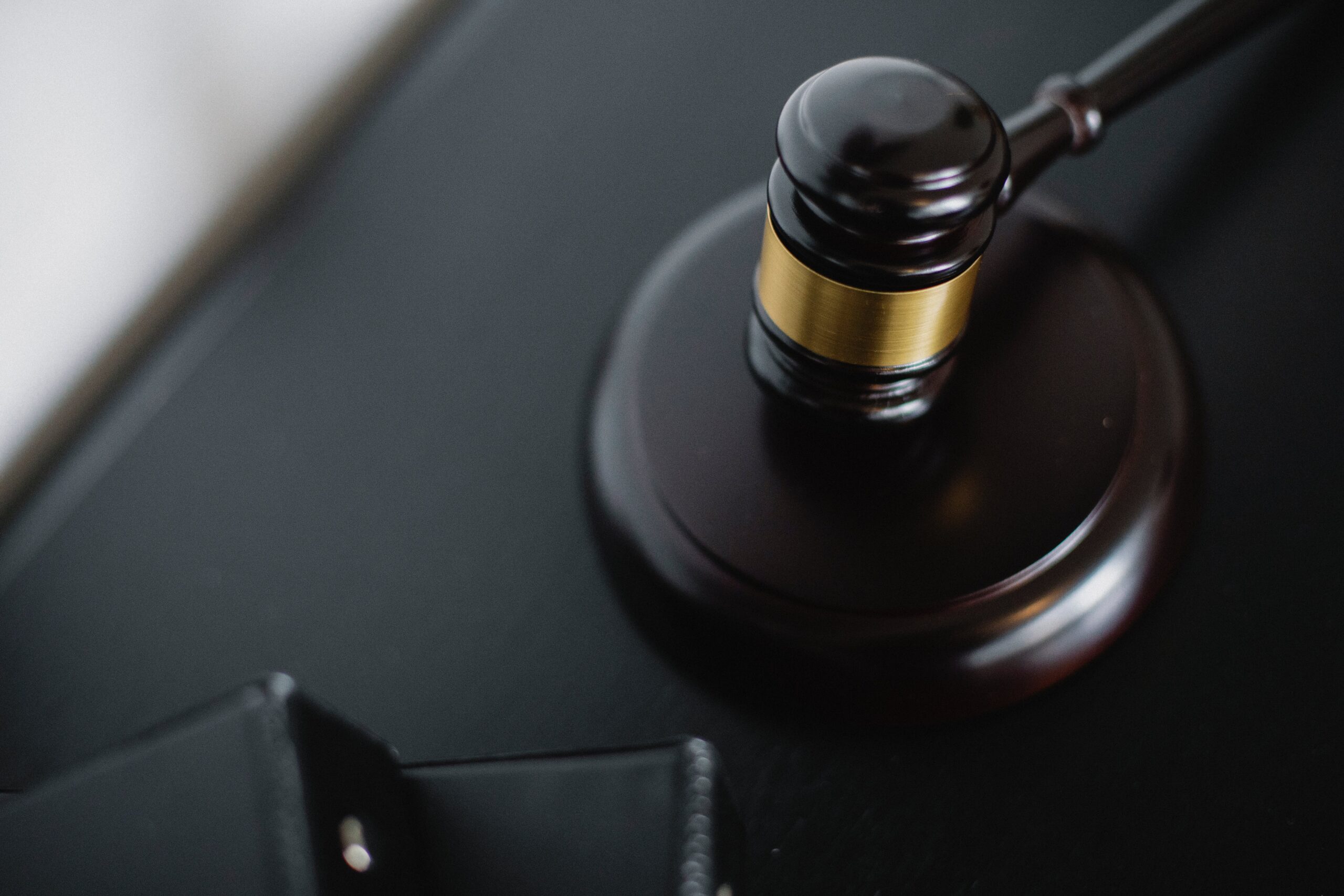Criminal contempt of court is a serious charge that can have significant legal consequences for individuals involved in legal proceedings. Criminal defense attorneys at Stowell Crayk understand what constitutes criminal contempt, its implications, and how to defend against it is crucial, especially for those navigating the complexities of the legal system. In this blog post, we’ll delve into the nuances of criminal contempt of court, exploring its definition, types, potential penalties, and the role of a criminal defense attorney in addressing such charges.
Understanding Criminal Contempt of Court
Criminal contempt of court refers to any action that defies, disrespects or challenges the authority, integrity, or dignity of the court. This can include behaviors such as disrupting court proceedings, disobeying court orders, or showing disrespect to judges, attorneys, or court personnel. Essentially, any act that obstructs the administration of justice or undermines the court’s authority may be deemed as contemptuous behavior.
Types of Criminal Contempt
Criminal contempt encompasses a spectrum of behaviors that undermine the authority and integrity of the court. Understanding its nuances can be pivotal in comprehending the legal ramifications involved. Let’s delve deeper into the two primary categories: direct and indirect contempt.
Direct Contempt:
As a criminal defense attorney, it is important to know that direct contempt is perhaps the most recognizable form, characterized by overt and disruptive behavior that occurs in the immediate presence of the court. This can encompass a wide range of actions, from verbal outbursts to physical confrontations.
For instance, shouting obscenities, refusing to adhere to courtroom decorum, or engaging in physical altercations within the courtroom fall under the purview of direct contempt. In such instances, the presiding judge typically addresses the misconduct promptly, wielding the authority to impose sanctions or penalties on the spot. These penalties may include fines, imprisonment for a brief period, or other punitive measures deemed necessary to restore order and uphold the dignity of the court.
Indirect Contempt:
Contrastingly, indirect contempt unfolds outside the immediate sphere of the courtroom but still poses a significant challenge to the administration of justice. This form of contempt typically arises from violations of court orders or directives. It can manifest in various ways, such as failing to comply with subpoenas, refusing to testify as a witness, or deliberately flouting court-mandated actions or obligations. Unlike direct contempt, which is addressed swiftly, indirect contempt often necessitates formal legal proceedings to adjudicate.
Can I Defend Myself?
During these proceedings, the accused individual is allowed to either defend themselves against the allegations leveled or have their criminal defense attorney present their case before the court. This may involve providing explanations for non-compliance or demonstrating mitigating circumstances that influenced their actions.
In essence, direct and indirect contempt represent distinct facets of the same overarching principle, each posing its unique set of challenges and considerations within the realm of legal proceedings. Understanding the distinctions between these two forms of contempt is crucial for navigating the complexities of the legal system effectively. Whether facing direct or indirect contempt charges, individuals must be prepared to engage with legal counsel and mount a robust defense to safeguard their rights and interests in the pursuit of justice.
Potential Penalties for Criminal Contempt
The penalties for criminal contempt of court can vary depending on the severity of the offense and the jurisdiction in which it occurs. Common penalties may include fines, imprisonment, probation, community service, or a combination of these sanctions. In cases of direct contempt, the judge may impose immediate sanctions, such as a fine or brief jail time. For indirect contempt, the accused is typically entitled to due process rights, including the right to legal representation and a fair hearing before sanctions are imposed.
Defending Against Criminal Contempt Charges
If you find yourself facing criminal contempt charges, it’s essential to seek the guidance of a qualified criminal defense attorney who can help protect your rights and mount an effective defense. Here are some strategies commonly employed by defense attorneys in contempt cases:
Challenging the Allegations:
When facing allegations of criminal contempt, your attorney plays a pivotal role in challenging the prosecution’s evidence and arguments. This process involves a meticulous examination of the circumstances surrounding the alleged contemptuous behavior to identify weaknesses in the prosecution’s case. Your attorney may scrutinize the evidence presented, assessing its relevance, reliability, and admissibility in court. They may also delve into the specifics of the alleged actions, evaluating whether they indeed meet the legal threshold for contempt.
Presenting Mitigating Factors:
In addition to challenging the allegations, your attorney may present mitigating factors to the court to advocate for a more lenient outcome. Mitigating factors are circumstances or considerations that, while not justifying the alleged behavior, may serve to lessen the severity of your culpability. These factors can encompass a wide range of considerations, including personal
Negotiating a Resolution:
In some cases, it may be advantageous to pursue a negotiated resolution with the prosecution or the court to avoid or minimize the consequences of contempt. Negotiating a resolution involves engaging in discussions or plea bargaining with the opposing party to reach a mutually acceptable agreement that resolves the contempt charges without the need for a trial.
Appealing the Decision:
If you believe that the court’s ruling was unjust or based on legal errors, you have the right to appeal the decision and seek recourse through the appellate process. An appeal allows for a review of the case by a higher court, which can assess the legality and fairness of the lower court’s decision and potentially overturn or modify the contempt order.
Criminal contempt of court is a serious legal matter that requires careful navigation and skilled advocacy. Whether facing direct or indirect contempt charges, individuals are entitled to due process rights and the opportunity to defend themselves against allegations. By enlisting the assistance of a knowledgeable criminal defense attorney, individuals can protect their rights, challenge the prosecution’s case, and work towards a favorable outcome. Understanding the nuances of criminal contempt and the defense strategies available is essential for anyone confronting such charges in the legal system.

